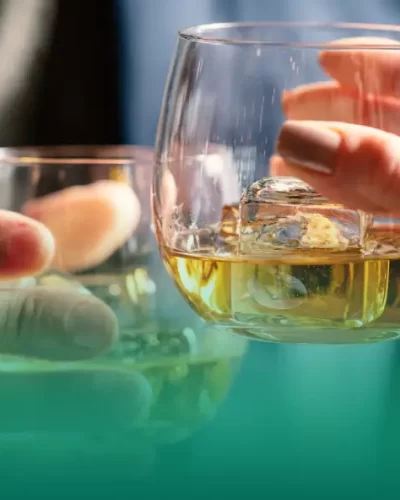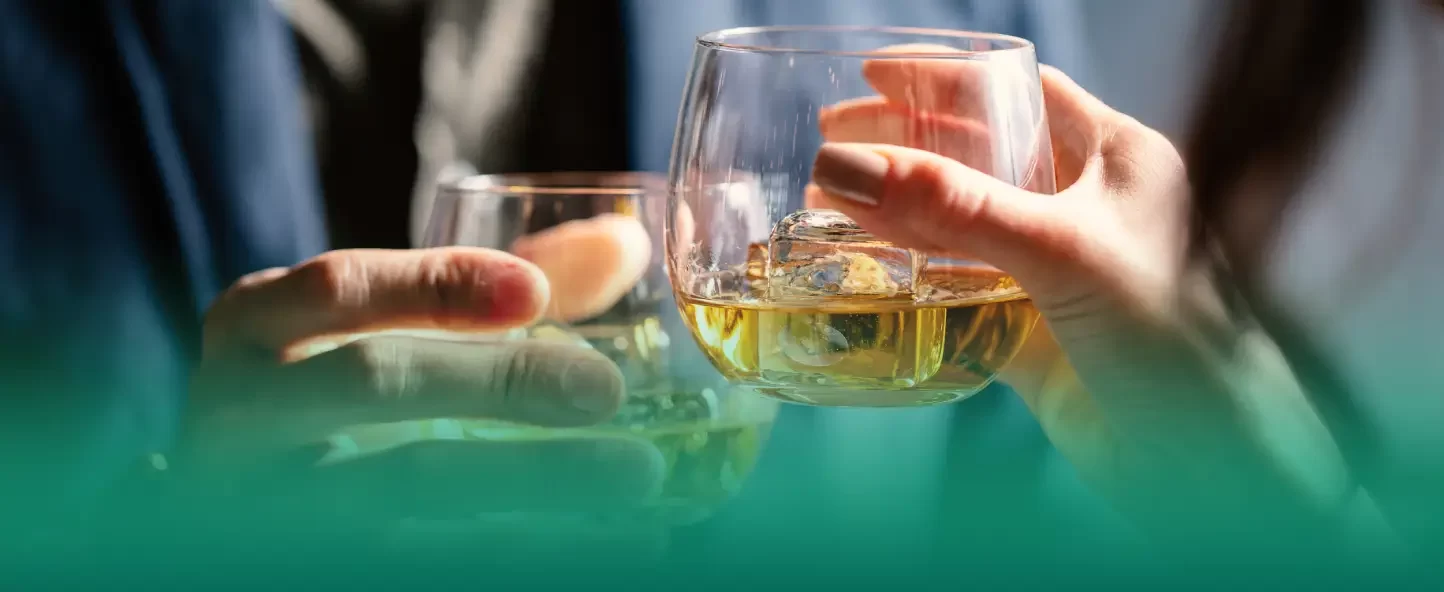Myth: Strong coffee can make you sober
Strong coffee is often suggested as a way to sober up after drinking alcohol. However, this method is ineffective, as Professor Anthony Moss from South Bank University argues in the Food Unwrapped programme. He explains that caffeine only helps you stay awake, but does not help you get sober quickly.
This opinion is confirmed by research from specialists from Temple University in Philadelphia, who did not find convincing evidence that coffee helps sober up. Moreover, drinking coffee after alcoholic drinks can make it difficult to fall asleep. So instead, it’s better to just rest and go to bed.
Myth: Alcohol kills brain cells
Alcohol is often associated with impaired motor coordination, slurred speech, and loss of emotional control in drunk people. Many believe this is due to alcohol destroying brain cells. On the Internet you often see statements like “Three pints of beer kills 10 thousand brain cells.”
However, this statement does not correspond to reality.
Alcohol does not kill brain cells directly. Although ethyl alcohol can destroy cells and microorganisms, when it is used as an antiseptic, your body does not allow its effect on brain cells. Enzymes in the liver break down alcohol, turning it first into acetaldehyde (a substance toxic to cells), and then into acetate, which is excreted from the body along with water and carbon dioxide.
However, the liver has its limitations. It is capable of processing only a certain amount of alcohol per unit of time: approximately 0.35 liters of beer, 0.15 liters of wine or 0.04 liters of pure alcohol per hour. If you drink more, alcohol enters your bloodstream, which can cause various negative consequences.
When ethanol reaches brain cells, it does not cause them to die, but rather blocks communication between cerebellar neurons responsible for coordinating movements, which explains the clumsy behavior of drunk people.
Researchers from Washington University in St. Louis have discovered that alcohol does not destroy brain neurons, even if it is injected directly into them. Instead, it interferes with the transmission of information between neurons. Although this may seem unpleasant, Professor Robert Pentney from the University at Buffalo says that this damage is reversible: with enough time without drinking, the neural connections will be restored.
In some heavy drinkers, brain neurons may still die due to Wernicke-Korsakoff syndrome. However, the reason for the death of neurons is not due to alcohol consumption, but rather due to vitamin B1 deficiency (or thiamine) and malnutrition, which alcoholics often suffer from.
Moreover, some studies show that moderate alcohol consumption has no effect on future cognitive function or may even reduce the risk of developing dementia.
Myth: Mixing different drinks makes you more drunk
As for the idea that mixing different alcoholic drinks makes you drunker, Dr. Roshini Rajapaksa refutes it in an article for The New York Times. According to research by doctors at Boston University, the decisive factor is not the mixing of drinks, but the total amount of alcohol consumed.
The psychological aspect also plays a role: starting with “weak” drinks, we set a certain rate of intoxication, adjusting our behavior to it. Switching to strong drinks against this background can lead to sad consequences, similar to the situation when you drive at a low speed and then sharply increase the speed, which can ultimately lead to loss of control.
Myth: Taking a small dose will not affect your ability to drive
It is believed that drinking a small dose of alcohol an hour before driving will not affect driving skills. Proponents of this idea claim that in an hour the body eliminates approximately one glass of vodka, a glass of wine or a glass of beer.
However, Dr. Kenneth Warren of the American National Institute on Alcohol Abuse and Alcoholism (NIAAA) refutes this claim.
It should be understood that even if alcohol consumption is extended over time, this does not protect against intoxication. Each additional portion of alcohol increases the degree of intoxication, so driving in this state is strictly prohibited.
Myth: You can fool the breathalyzer
There are several methods people try to fool the breathalyzer, including mints, special breathing techniques, and even chewing on a coin to create a metallic taste. However, all these methods are ineffective, since they are aimed at masking the smell of alcohol, while the breathalyzer reacts to the alcohol content in the breath, and not to its smell.
The breathalyzer contains a special substance that reacts to alcohol vapor in the breath, so bad breath does not matter for the test result.
However, some studies show that strong, intense breathing can confuse the breathalyzer, causing it to underestimate the level of alcohol drunkenness by 10 percent. However, this technique requires some skill, and is usually noticed immediately.
Myth: Each alcoholic drink affects the body differently
Many have heard claims that different drinks influence our behavior in different ways: whiskey is supposed to make people aggressive, tequila is supposed to make people dance, and rum is supposed to make people sad.
However, there is no scientific evidence for these claims, and from a chemical point of view, it is only the amount of alcohol consumed in each drink that is decisive, as Dr Guy Ratcliffe claims in The Guardian.
Most likely, such myths have a psychosocial basis. In different situations, we choose different drinks, and, as a result, we get the effect that our brain expects and that best suits the current situation.
Every fan of alcoholic drinks has their own method of dealing with a hangover. Most often they resort to folk remedies, but they often encounter unique “secret” techniques. However, these methods, unfortunately, do not bring the desired effect.
Myth: Pickle juice, green tea and coffee cure hangovers
There is a common misconception in many countries, including the USA, England, Poland and Japan, that drinking pickle juice (not necessarily cucumber, in Japan, for example, they prefer pickle juice from sour plums) can help with a hangover.
However, Dr. Tochi Iroku-Malise from Long Island (New York) argues that this is not the case. In her opinion, brine does not relieve a hangover, but only reduces dehydration.
As for coffee, it is also not an effective remedy for fighting a hangover. Nutritionist Melissa Majumdar from the American Academy of Nutrition and Dietetics confirms this fact and does not recommend combining caffeine with alcohol.
Green tea, like coffee, contains caffeine and also has a diuretic effect, which can increase the load on the kidneys and lead to dehydration. Therefore, replacing green tea with water will be more beneficial.
Regarding drinking additional alcohol to combat a hangover, it should be noted that this is also an ineffective method. Although the level of endorphins may rise for a short time, which will improve your well-being, but then the hangover will return. This will only add stress to the liver, which is already overworked by processing alcohol.
Some people try to cope with a hangover by eating foods such as cabbage, eggs, ginseng, bananas and others, but research by Max Pittler from Oxford shows that these remedies are not effective in preventing or treating hangovers.
The best way to deal with a hangover is to drink plenty of water and rest. And the only reliable and effective preventive measure is to abstain from excessive alcohol consumption the day before.






